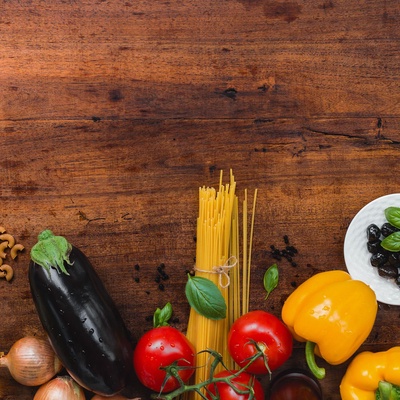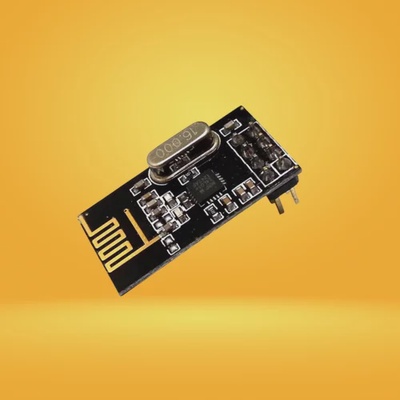It's something entertaining we people frequently do — eating when we are presently not ravenous.
I've been around youngsters who say they are "full" and need to quit having at supper, and afterward request frozen yogurt or chocolate a couple of moments later.
What's more, we've all been eating at a café where the server inquires as to whether we have "saved space for dessert?" We never do, yet we frequently eat it at any rate.
We don't have a committed "dessert stomach." We are seldom genuinely hungry toward the finish of the fundamental dinner at an eatery.
We have two frameworks for controlling our way of behaving: the smart, cognizant framework, and the procedural, propensity framework. Only one of the two can be in control on the double.
Assuming we are occupied, exhausted or miserable, we are many times constrained by the propensity framework to utilize demonstrated courses out of those states.
Propensities are neither great nor terrible — they are essentially an approach to smoothing out normal ways of behaving to go with the decision more straightforward to save mental energy.
The issue is that a considerable lot of the propensities we create around eating are unfortunate and impulsive. Cenforce 100 guides men's wellbeing.
Your Early Years
Eating is an educated way of behaving. Maybe your folks gave you food to quiet trouble when you were a kid, which instructed you that despondency is motivation to eat.
These activities and examples, makes sense of Bee Wilson, creator of First Bite: How We Learn to Eat, "train us to quiet our pity with sugar," and begin right off the bat throughout everyday life.
Knowing the amount to eat is something that babies are greater at than more seasoned kids or grown-ups. Until age three, kids have an ability to surprise to quit eating when they are full. Segment size doesn't make any difference. They will eat until they aren't eager and afterward stop.
After that age, we deteriorate at eating the perfect sum because of prevailing burdens and learning. At the point when it's your birthday, you're not permitted to not need cake and frozen yogurt.
Win or Lose, It's All the Same
We are molded to utilize overabundance calories and low quality foods to celebrate.
One review had the option to set off celebratory gorging by laying subjects feeling great out plainly by watching a short (2.5 moment) endearing film.
Subjects devoured 100 calories a greater amount of nibble food sources than a benchmark group that watched an exhausting film.
That is a great deal of calories for a somewhat little lift in energy. Extra Super Vidalista is a two-in-one entertainer that successfully improves men’s sexual lives.
Such a large number of guardians use deals with like cheap food or frozen yogurt to praise an incredible day — and utilize similar food sources to relieve a kid's miserable sentiments on a terrible day.
This lays the foundation for eating unhealthy foods during each profound high or low throughout everyday life, independent of how hungry you really are.
A Dessert Stomach?
For what reason do we get thoroughly full from supper, yet at the same time "have space" for dessert?
"Tactile Specific Satiety" is the reason.
As we eat a specific food, our long for that specific food declines, however our crave other, new food sources stays new.
The first transformative motivation behind this was to advance a differed diet, back when our eating regimen was less changed and we would need to work harder or make a trip farther to get assortment.
It's made a wreck now — you get kids who say they are full, then quickly request chocolate and you field inquiries from café staff about how much room you put something aside for dessert.
It's All in Your Head
The ventromedial prefrontal cortex (VPFC) is the piece of your mind that enacts with expectation of remuneration — for instance, food is on the way when you are eager.
When you are full, VPFC action is decreased, making you less intrigued by the food.
Nonetheless, whenever you've made a propensity (like eating while at the same time staring at the TV or at the motion pictures or when we are miserable), VPFC movement isn't reduced when you are full.
You can consequently still feel an expectation of remuneration when pastry is coming — in any event, when you are "full" at the café subsequent to eating the principal feast.
The propensities we most frequently create with regards to eating are not perfect. Through learning, we hunger for desserts after a feast (indeed, this is an educated reaction and not one that easily falls into place).
We continue to pick at food before us after we are full since it is before us.
We clean our plates since that is what we were educated to do. We eat more than we need or need of a given food since we love the manner in which it tastes.
Furthermore, we eat cake and frozen yogurt at our birthday celebration and we cavern to strain to eat it at others' gatherings, regardless of whether we are not eager.
From our developmental science, we are headed to pursue what is generally open and effectively accessible — a propensity we actually have right up 'til now.
Dopamine ascends with expectation when prizes are not far off.
Dopamine's appreciation for the prompt misshapes point of view we might have procured with our further developed mental capacities.
So we mitigate our pity or fatigue with a speedy hit of unhealthy food around evening time as opposed to paying attention to what our bodies truly need, and what is associated with our drawn out needs and objectives. Cenforce 200 can assist you with enjoying a solid life for quite a while.
A speedy note about dopamine, which is frequently inaccurately recognized as a "joy" synapse.
It just so happens, the extraordinary quest for objectives like sex, heroin and cheesecake has significantly more to do with want than with joy.
This is a basic differentiation.
Needing something isn't equivalent to enjoying something, and there is more space in our mind dedicated to needing than to loving.
Delight is a pastry, an insignificant blip on a the radar. Want gets us going… dopamine is the fuel of want, dreadful.
























Comments (1)